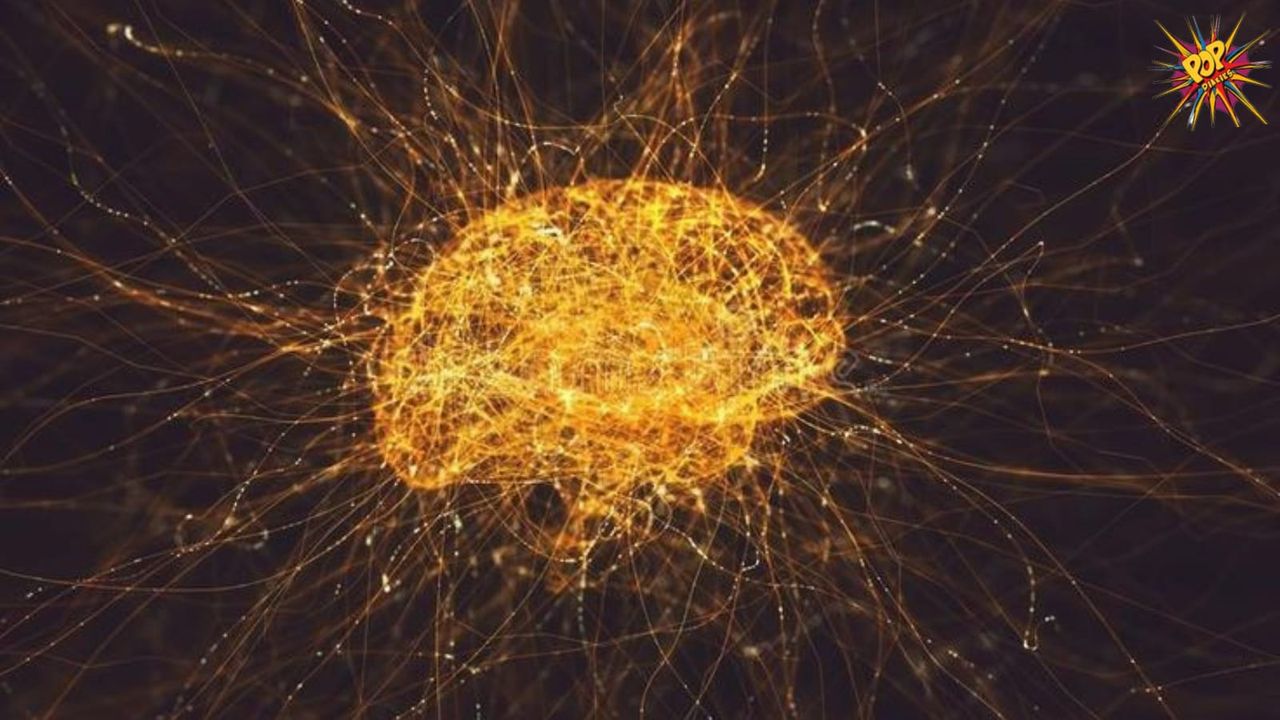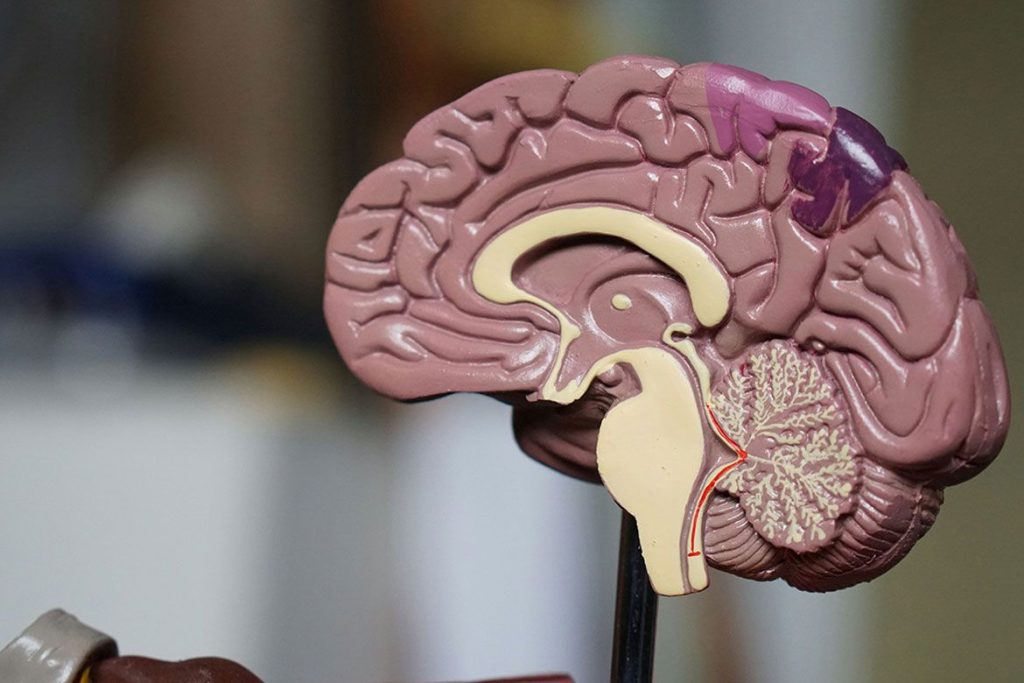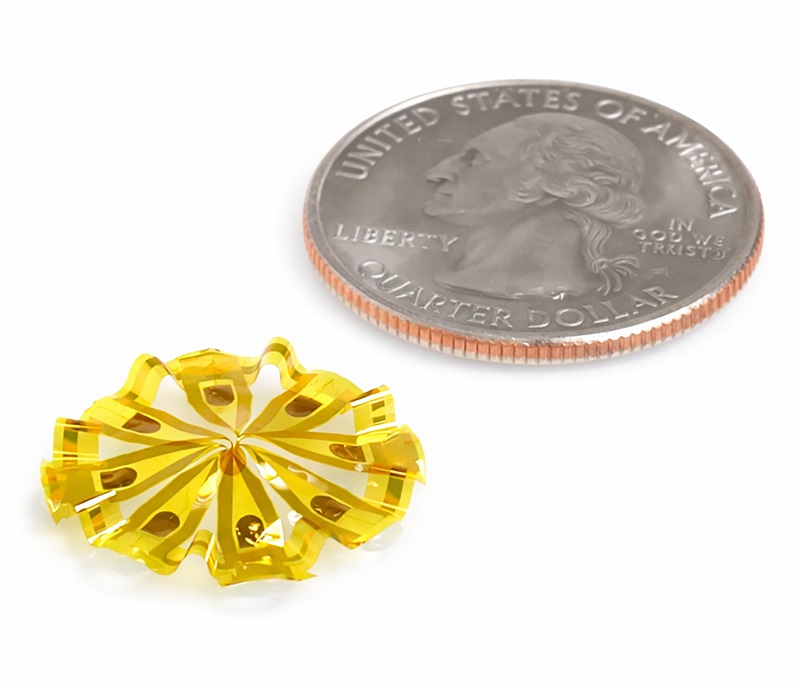New research reveals the adult brain...
Vous n'êtes pas connecté
- English
- Français
- عربي
- Español
- Deutsch
- Português
- русский язык
- Català
- Italiano
- Nederlands, Vlaams
- Norsk
- فارسی
- বাংলা
- اردو
- Azərbaycan dili
- Bahasa Indonesia
- Հայերեն
- Ελληνικά
- Bosanski jezik
- українська мова
- Íslenska
- Türkmen, Түркмен
- Türkçe
- Shqip
- Eesti keel
- magyar
- Қазақ тілі
- Kalaallisut ; kalaallit oqaasii
- Lietuvių kalba
- Latviešu valoda
- македонски јазик
- Монгол
- Bahasa Melayu ; بهاس ملايو
- ဗမာစာ
- Slovenščina
- тоҷикӣ ; toğikī ; تاجیکی
- ไทย
- O'zbek ; Ўзбек ; أۇزبېك
- Tiếng Việt
- ភាសាខ្មែរ
- རྫོང་ཁ
- Soomaaliga ; af Soomaali
 Maroc - POPDIARIES.COM - A La Une - 05/08/2024 13:18
Maroc - POPDIARIES.COM - A La Une - 05/08/2024 13:18
The Brain's Dynamic Self-Optimization
The idea that the human brain is "constantly eating itself" can be understood metaphorically to describe several intricate processes that involve the brain's maintenance, adaptation, and self-regulation. Here’s a detailed exploration of how this metaphor applies: 1. Neuroplasticity and Synaptic Pruning The human brain is remarkably adaptable, a property known as neuroplasticity. This adaptability involves two key processes: synaptic pruning and the creation of new neural connections. - Synaptic Pruning: During development, especially in childhood and adolescence, the brain forms a vast number of neural connections, or synapses. However, not all these connections are maintained. Synaptic pruning is a process where the brain eliminates weaker or less frequently used synapses, making the neural network more efficient. This process can be seen as the brain "eating" or removing less useful connections to strengthen and optimize the remaining ones. - Neurogenesis: Alongside pruning, the brain constantly generates new neurons, particularly in areas like the hippocampus, which is involved in memory and learning. This ongoing creation and integration of new neurons can be likened to the brain's way of "refreshing" itself by incorporating new cells into its existing structure. 2. Metabolic and Cellular Maintenance The brain is a highly active organ that requires a lot of energy to function properly. Its cells, particularly neurons, are constantly undergoing metabolic processes to maintain their health and functionality. - Autophagy: Neurons undergo a process called autophagy, where cellular components are broken down and recycled. This includes the removal of damaged proteins and organelles. Autophagy is crucial for cellular maintenance and function, and it can be seen as the brain’s way of "eating" and clearing out damaged or obsolete cellular material to prevent dysfunction and maintain health. Energy Consumption: Neurons consume a significant amount of glucose and oxygen to fuel their activity. This constant energy demand means that the brain is continually engaged in processes that involve breaking down nutrients to produce energy, which can be metaphorically viewed as a form of "self-consumption." 3. Cognitive and Emotional Adaptation The brain also "eats itself" in the sense of constantly adapting and reorganizing based on experiences and environmental changes. - Memory Formation: When new memories are formed, they involve changes in synaptic strength and the reorganization of neural circuits. This process involves the modulation and sometimes even the destruction of existing neural pathways to make room for new information. Essentially, the brain updates its wiring by "consuming" previous states to accommodate new experiences. - Emotional Regulation: Emotional experiences can lead to changes in brain function and structure. The brain may alter its responses to stress or emotional stimuli, leading to changes in neural circuits. This process involves reorganization and adaptation, akin to the brain "eating" and adjusting its own responses based on emotional experiences. 4. Age-Related Changes As people age, the brain undergoes various changes that can be seen as a form of self-regulation and adaptation. - Decline and Compensation: Aging can lead to the loss of neurons and synapses, but the brain also compensates through the recruitment of alternative neural pathways. This process involves the brain "consuming" or losing some of its earlier structures while developing new strategies to maintain function. - Cognitive Reserve:The concept of cognitive reserve refers to the brain's ability to maintain function despite age-related changes. It involves using existing neural resources more efficiently and creating new connections, effectively balancing the loss of certain elements with the adaptation of others. 5. Neurological Disorders Certain neurological disorders can also illustrate this concept of the brain "eating itself" in a more literal sense. - Neurodegenerative Diseases: Conditions like Alzheimer's disease and Parkinson's disease involve the progressive loss of neurons and synapses. In these diseases, the brain's own processes lead to the destruction of its structures, which can be viewed as a pathological form of the brain "eating" its own components. CONCLUSION The metaphor of the brain "eating itself" captures the complex processes of maintenance, adaptation, and self-regulation that are fundamental to its function. From synaptic pruning and neurogenesis to metabolic processes and cognitive adaptation, the brain is continually reorganizing and refining itself to maintain efficiency, health, and functionality. READ MORE Cleopatra’s Endgame: How the Last Pharaoh Met Her Fate
Articles similaires
Brain can keep producing new neurons in old age, but Alzheimer’s may disrupt the process: Study
New research reveals the adult brain...
5 principles of change management in networking
Network change management is a process that aims to reduce the risk of a failed change. This process entails several steps that ensure...
5 principles of change management in networking
Network change management is a process that aims to reduce the risk of a failed change. This process entails several steps that ensure...
Scientists discover why some brain cells resist Alzheimer’s Disease
Scientists have discovered why certain brain cells are better at resisting Alzheimer’s disease, a breakthrough that could open the door to new...
Scientists discover why some brain cells resist Alzheimer’s Disease
Scientists have discovered why certain brain cells are better at resisting Alzheimer’s disease, a breakthrough that could open the door to new...
The World Between Spectacle And Reality: The Double Standard As A Language Of Power In A Global Order Of Exceptions (Part II) – Analysis
By Col. (ret.) Dr. Cătălin Balog The contemporary world can no longer be understood through simple oppositions between aggressor and victim,...
The World Between Spectacle And Reality: The Double Standard As A Language Of Power In A Global Order Of Exceptions (Part II) – Analysis
By Col. (ret.) Dr. Cătălin Balog The contemporary world can no longer be understood through simple oppositions between aggressor and victim,...
Scientists create 3D mesh that can listen to human brain organoids
Scientists have created a groundbreaking tool that can listen to the electrical signals inside tiny lab-grown human brain models, often called “mini...
The same brain protein that harms neurons may also fuel skin cancer
Scientists have discovered that a tiny protein linked to brain diseases may also play an unexpected role in skin cancer. The protein, called...
Latest releases
-
Samsung Innovation Campus Strengthens Future-Tech Skilling in Andhra Pradesh
Samsung India - 19/12/2025
-
Samsung Expands Premium Micro RGB Lineup for 2026 With New Sizes and Advanced Features
Samsung India - 17/12/2025
-
Samsung SWA President & CEO JB Park’s Message on Completing 30 Years in India & the Launch of #PoweringInnovationforIndia
Samsung India - 15/12/2025
-
Samsung Unveils New Innovation Vision as It Celebrates 30 Years in India
Samsung India - 11/12/2025
-
Lupin Unveils Strategic Partnership Program to Expand Reach of its Long-Acting Injectable Platform
Lupin Limited - 09/10/2025
-
BarrierBreak Recognized in 2025 Gartner® Market Guide for Digital Accessibility
BarrierBreak - 12/08/2025
-
Infinite Uptime Unlocks Production Reliability for Heavy Industries with PlantOS™ at Global Steel Dynamics Forum
Infinite Uptime - 18/06/2025
-
Majra – National CSR Fund Honours Top 20 CSR Projects At Inaugural Sustainable Impact Challenge 2025
National CSR Fund - 05/06/2025
-
Coal Imports During FY 2024-25 Drops by 7.9 % Compared to FY 2023-24
Ministry of Coal - 27/05/2025
-
India Records USD 81.04 Billion FDI Inflow in FY 2024–25
Ministry of Commerce and Industry - 27/05/2025




